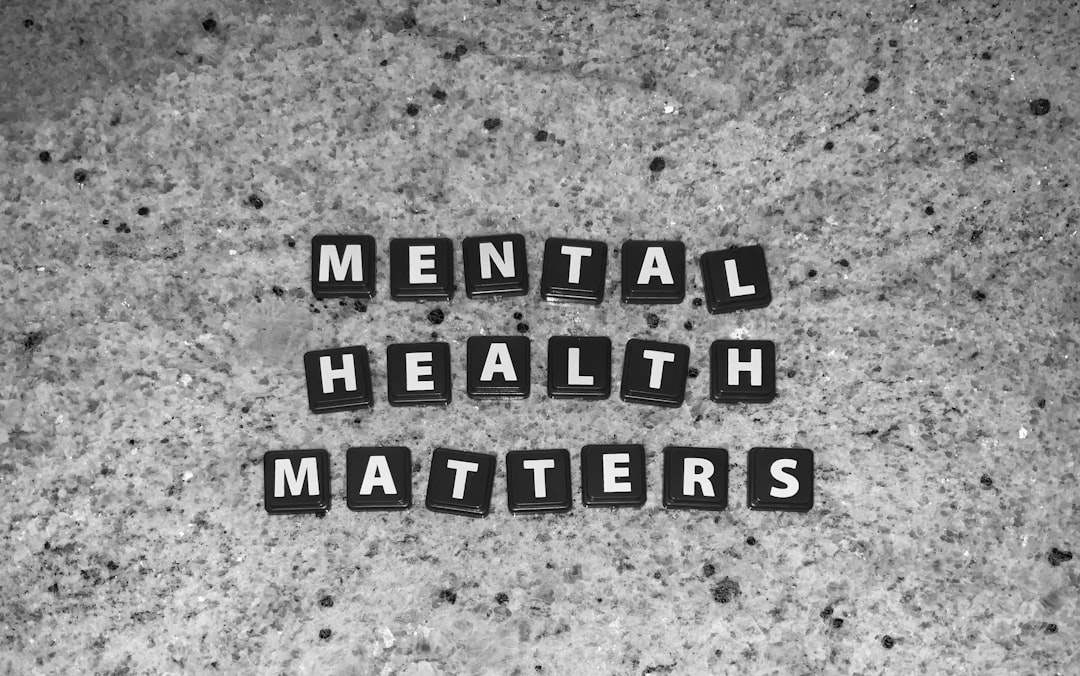October 13, 2025
Explore innovative strategies like adventure therapy to prevent substance use disorder in youth and promote resilience.

Substance Use Disorder (SUD) among youth is a pressing concern that demands our immediate attention and concerted efforts. As a society, we are tasked with safeguarding the mental and physical well-being of our younger generations, ensuring they navigate the turbulent waters of adolescence with resilience and support. In this article, we will explore the intricacies of preventing SUD in youth, the role of innovative therapies such as adventure therapy, and the critical involvement of family and community.
Substance Use Disorder, as defined by the DSM-5, encompasses a range of complexities that affect an individual's brain function and behavior, leading to an inability to control the use of legal or illegal substances. The prevalence of SUD in youth is particularly concerning due to its potential to disrupt developmental milestones and engender long-term health consequences.
In the United States, substance use among adolescents is a significant public health issue. The National Institute on Drug Abuse (NIDA) reports alarming rates of alcohol, nicotine, and illicit drug use among high school students. Early exposure to substances increases the likelihood of developing SUD later in life, making prevention efforts crucial during these formative years.
Effective prevention and intervention strategies must integrate both mental and behavioral health approaches. The intersection of these fields is critical in addressing the root causes of SUD and providing comprehensive care to youth at risk.
Mental health professionals, including psychiatrists and therapists, are at the forefront of implementing evidence-based practices to prevent and treat SUD in youth. These practices include Cognitive Behavioral Therapy (CBT), Motivational Interviewing (MI), and family-based interventions, which have demonstrated efficacy in reducing substance use and promoting recovery.
One innovative approach gaining traction is adventure therapy, which combines experiential learning with therapeutic practices in an outdoor setting. Research supports the efficacy of adventure therapy for substance use disorder by fostering resilience, self-efficacy, and interpersonal skills among participants.
Substance use disorder providers are increasingly incorporating adventure therapy into their treatment plans, recognizing its potential to engage youth in meaningful ways that traditional therapies may not.
Preventing SUD in youth is not a solitary endeavor; it necessitates the involvement of family and the broader community. Family dynamics, communication patterns, and parental attitudes towards substance use significantly influence a young person's likelihood of engaging in substance use.
Families play a pivotal role in prevention efforts by:
Community-based programs and initiatives serve as vital resources for youth and families. Collaboration between schools, healthcare providers, and local organizations can create a supportive network that fosters prevention and early intervention.
As mental health professionals, we advocate for a holistic, integrative approach to preventing SUD in youth. This involves collaboration across disciplines, ongoing research to refine treatment models, and a commitment to personalized care.
Whether seeking the best psychiatrist in New York or the best therapist in Miami, families should prioritize professionals who:

The prevention of substance use disorder in youth is a multifaceted challenge that requires a concerted effort from individuals, families, and communities. By embracing evidence-based practices, fostering family and community involvement, and exploring innovative therapies like adventure therapy, we can build a resilient foundation for our youth.
As we continue to advance psychiatric care, it is imperative that we remain committed to compassionate, evidence-based practices that prioritize the holistic well-being of our youth. By doing so, we can ensure that they are equipped to face life's challenges with confidence and resilience, free from the burden of substance use disorder.
In conclusion, the path to preventing SUD in youth is complex, yet achievable through collaboration, innovation, and unwavering dedication to the mental health of our future generations.

We're now accepting new patients
